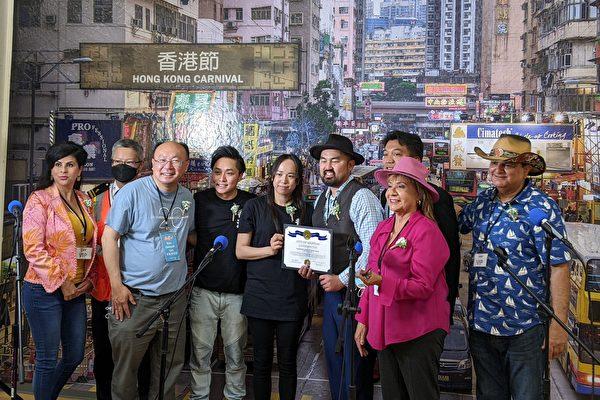Li Binlun moved to Hong Kong from China with his family in the early 1950s because they were worried about what would happen after the Chinese Communist Party (CCP) had taken over China. However, with no money to live on, he went to Taiwan and joined the Taiwanese army for sustenance. He relates his journey through life in the army and then as a commercial airline pilot and his current life in America.
A repeat performance is now happening in Hong Kong. With the CCP forcibly implementing the National Security Law (NSL) in Hong Kong and the 2019 anti-extradition protests fizzled after the NSL was implemented on June 30, 2020. Hong Kong has not been the same since then.
Many Hongkongers began to pack their bags, leave their homes, and head for migration to other countries through various lifeboat schemes for Hongkongers. Many people fear retaliation from the Hong Kong government and the CCP.
Young Hongkongers went to Taiwan to join the army as early as the 1950s. They were concerned about Hong Kong falling into the hands of the CCP.

In 1953, Li, who had already received an admission acceptance letter from the Department of Chemical Engineering at National Taiwan University, took off with his Hong Kong friends and journeyed to Taiwan. While it was supposed to be a leisure trip, Li followed his friends to the army without much thought.
“I didn’t think so much at that time. My friends all went to the military school, so I went too.”
Fleeing from the CCP
Originally from Guangdong, Li Binlun fled to Hong Kong with his family because the regime had fully occupied mainland China.Li said China had taken over the mainland completely, so he and his family fled to Hong Kong.
Had he stayed, Li was worried the CCP would target his home, and he was concerned for his life.
Li might have been all smiles when he spoke of the past and joked that the CCP drove him out of his house, but Li has always missed his old home. He wished he could eventually fly back to his hometown one day.
So why did Li decide to pick the military?
“At the time, we were poor. We had no money to live or study.”
The military providing shelter and food seemed more enticing.
Li stayed for 21 years in the Taiwanese Air Force.
During that time, China Airlines of Taiwan expanded its European routes, and Li joined as a pilot for the airline in 1977.
Although Li has been a captain in civil aviation for many years, he still remembers the planes he once flew in the army.
“At the beginning, I was flying the American World War II biplane PT-17 (Boeing-Stearman Model 75). The structure of that aircraft model was straightforward. In retrospect, it is almost too simple now.”
Later in his flying career, Li flew half a dozen flight models, such as North American T-6 Texas, T-33 Shooting Star, and Republic F-84 Thunderjet.
Chained by CCP
In 1988, Li Binlun migrated to the United States and became a Los Angeles Glory Fellowship member. He has participated in the annual gatherings of overseas veterans. Li is proud to have been a military officer.Hongkongers’ refusal of the anti-extradition bill in 2019 turned into Hong Kong Protests due to the distrust of the judicial system of the CCP. No one wanted to be extradited to the mainland for trial.
Li sighed, “The Chinese Communist Party said, ”Unchanged for 50 years.“ But Hong Kong has changed in just two decades.”
He is unsurprised at how the current situation has played out so far.
Nothing is the Same
The United Nations Committee on Economic, Social, and Cultural Rights issued a review report on March 6.The human rights section mentioned that Hong Kong National Security Law had already abolished Hong Kong’s judicial independence.
The Chinese Communist Party has further undermined Hong Kong’s independent jurisdiction status under the framework of “one country, two systems” and the Basic Law.
Because of the pandemic, Li has not traveled for three years. He wants to go back to Taiwan and Hong Kong for a visit, even though everything has changed.
Li said Beijing does not care about Hongkongers. “The regime does not care about humanity at all.”
##




